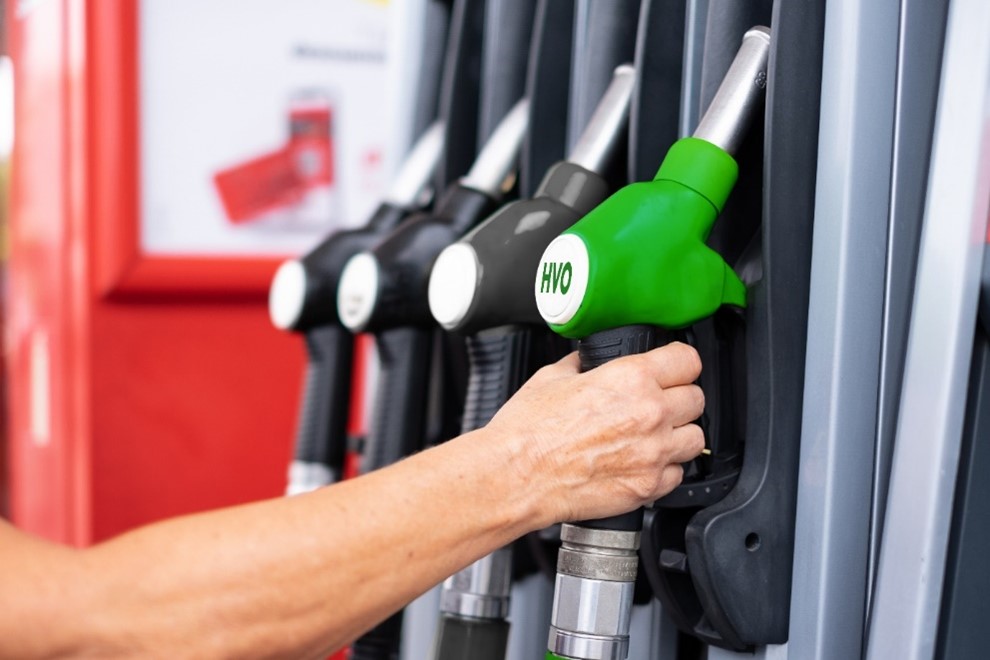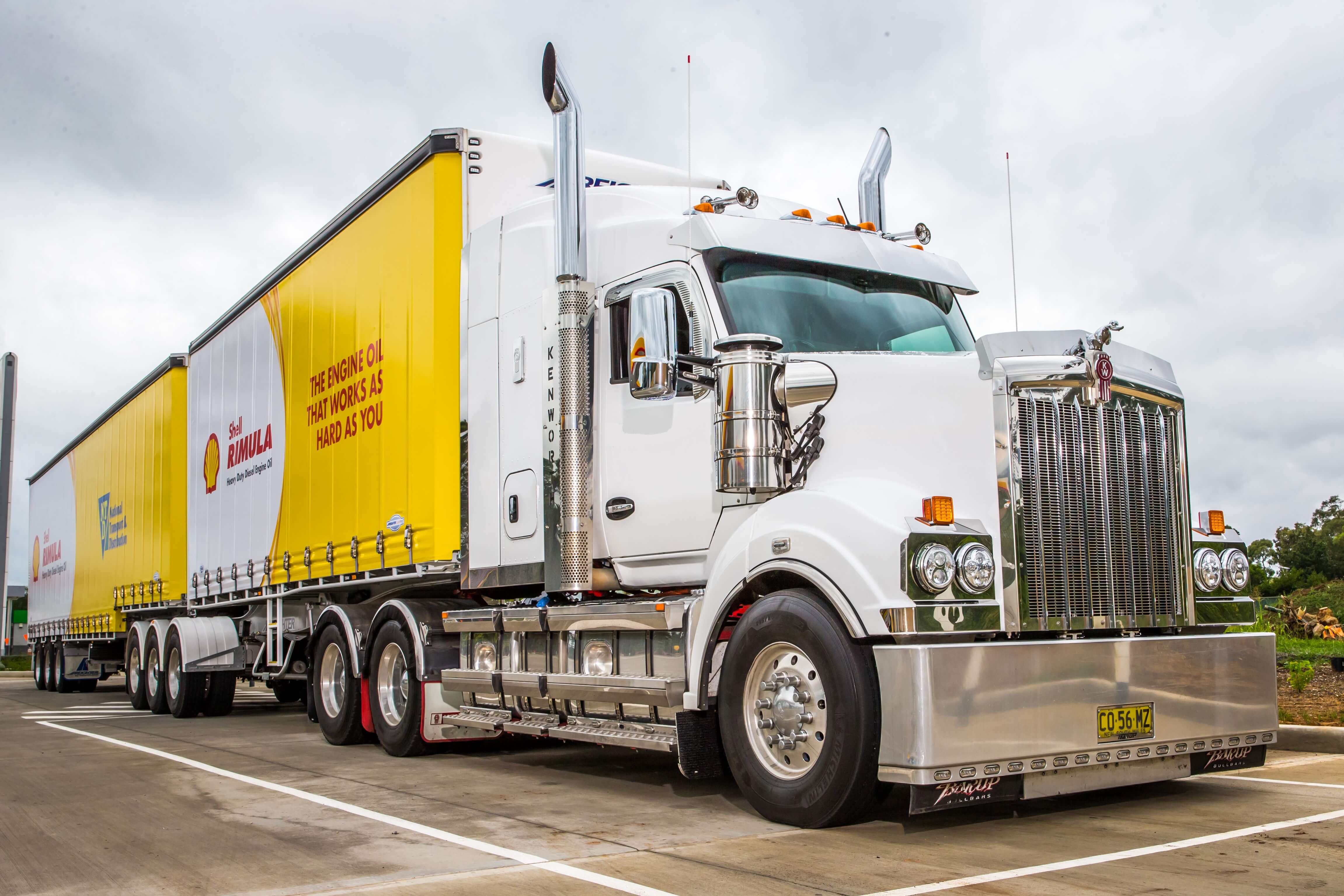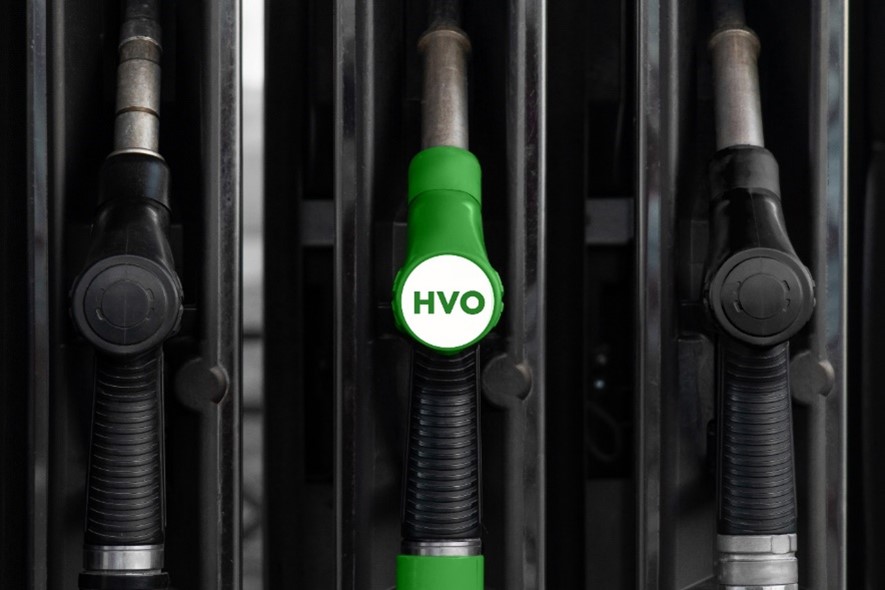Reach your sustainability targets with Renewable Diesel
We can supply Renewable Diesel also referred to as Hydrotreated Vegetable Oil, or HVO, to help industry support their emission reductions targets, and provide a pathway for a lower carbon future for Australia.

Make an Enquiry
What is HVO?
Hydrotreated vegetable oil (HVO) is a renewable diesel made from waste sources like vegetable oils and animal fats. Manufactured from a process called “Hydrotreatment” using hydrogen and catalysts at high temperatures and pressures.
With a chemical composition similar to petroleum-derived diesel, HVO is a lower emissions alternative to traditional diesel. And, as a drop-in replacement for diesel, it seamlessly integrates into your existing machinery and storage tanks without the need for modifications.
What can you do with HVO?
Whether you're using it for on-road or off-road industrial needs, HVO is a renewable diesel that fits right in. Because it has similar chemical properties to petroleum derived diesel1 it can be used as a 100% replacement for regular diesel, or mixed in with diesel at different ratios. Check with your vehicle manufacturer to make sure it's a good fit for your asset and application.

Why choose Renewable Diesel / HVO?
Whether you’re using it as a 100% substitute, or blended with other diesel fuels, HVO is a renewable diesel that can offer a number of advantages:
Renewable and sustainable low-carbon synthetic fuel alternative, especially when sourced from high quality, vetted waste vegetable oils and animal fats
Depending on your type of engine, equipment, and operating conditions, emissions are significantly reduced when compared to standard diesel, making your environmental impact even more substantial2
Transitioning is simple and convenient. Because it’s chemically similar to conventional diesel, you won’t need to make alterations to your fleet or storage infrastructure
Has a very good low temperature properties when used in either neat form or blended with diesel3
Its high Cetane Number promotes cleaner and more efficient combustion.
Expect a longer shelf-life compared to FAME biodiesel and petroleum-derived diesel, making it easier to store
Sustainable fuel certified by ISCC

Our waste and residue-derived renewable diesel is ISCC Plus certified, adhering to some of the stringent standards for supply of such fuels.
The International Sustainability and Carbon Certification (ISCC4) is a global certification that creates and verifies environmentally-friendly, deforestation-free, and traceable supply chains for raw materials like those from agriculture, forestry, waste and residues, non-biorenewables, and recycled carbon materials and fuels.
Renewable diesel supplied by Viva Energy meets EN 15940 fuel standard and is accompanied by an ISCC PLUS Sustainability Declaration or a Proof of Sustainability (POS) report which ensures customers can trace and verify the greenhouse gas credentials of the product.
The greenhouse gas credentials assessed by ISCC are done in accordance with the greenhouse gas calculation methodology established per the EU Renewable Energy Directive, which compares ‘Well-to-Wheel’ greenhouse gas emissions across HVO product lifecycle (based on default average values) to petroleum derived diesel. HVO sourced from waste cooking oil, or animal fats from rendering can may be assessed as offering substantial greenhouse gas reductions. For example: on average of up to 90% GHG reduction when using waste and residue feedstock such as used cooking oil and compared to crude conventional diesel - Source: Neste Renewable Fuels Handbook5 ).

Renewable Diesel availability
Viva Energy continues to invest in the rollout of renewable diesel across Australia. Please contact us for location-specific availability details.
Footnotes:
- Chemically HVO is very similar to petroleum derived diesel but there are some differences: HVO has less fuel density; limited aromatic and sulfur content; higher cetane value; and high hydrogen/carbon ratio.
- For more information on reductions in regulated emissions as a result through use of HVO see: Frontiers | Evaluation of a Hydrotreated Vegetable Oil (HVO) and Effects on Emissions of a Passenger Car Diesel Engine (frontiersin.org)
- See https://www.neste.com/sites/default/files/attachments/neste_renewable_diesel_handbook.pdf
- The ISCC is a voluntary scheme recognised by the European Commissions under the Renewable Energy Directive (EU) 2018/2001 (RED II) that assesses operators along the supply chain as to whether they meet the sustainability and greenhouse gas emissions savings criteria of the RED II. ISCC is also recognised by the United Kingdom under the renewable transport fuel obligations, under the Japanese Government biofuel mandate and under the Liquid Fuel Supply Regulation of Queensland. For more information see ISCC EU – ISCC System (iscc-system.org)
- See https://www.neste.com/sites/default/files/attachments/neste_renewable_diesel_handbook.pdf